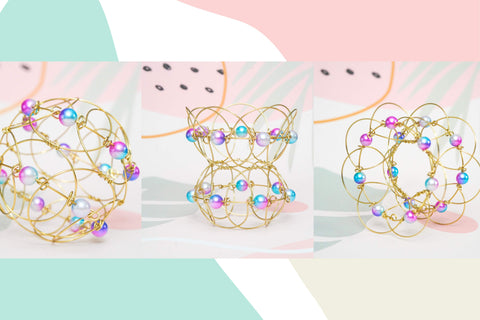

Explore the top fidget toys for managing anxiety with a brief overview:
Ideal for all ages: Chuchik Toys Fidget Cube Perfect for the office: Ono Roller Suited for older children: Crazy Aaron’s Thinking Putty Intergalactic Triple Color Changing Putty Tailored for fidgeting legs: Gnawrishing Chair Bands Great for studying: AUSTOR 20 Pieces Fidget Toys Optimal for meditation: 4 E’s Novelty Expandable Breathing Ball Sphere Designed for sensory stimulation: Impresa Monkey Noodle Excellent for relaxation: Palm Tangle Classic Top pick for school: B-KIDS Fidget Pencil Toppers
This article delves into the definition of fidget toys, their functionality, and presents a curated list of the best options available for purchase online.

What do fidget toys entail?
Fidget toys are compact items classified as self-regulatory tools. They come in various forms, ranging from handheld devices for squeezing to more intricate ones equipped with switches to slide, dials to rotate, and buttons to click.
These gadgets typically permit individuals to engage in repetitive actions, aiding in concentration. Individuals dealing with attention deficit hyperactivity disorder (ADHD), obsessive-compulsive disorder (OCD), anxiety, or sensory conditions often use these tools to alleviate tension and stress.
According to CHADD, an advocacy organization for individuals with ADHD, the act of fidgeting may assist some people in enhancing focus, problem-solving, and memory retention. However, scientific research supporting these assertions is currently limited.

For whom are fidget toys intended?
Individuals experiencing conditions like ADHD, stress, and anxiety may discover fidget toys to be beneficial. Moreover, individuals without a diagnosed mental health or behavioral condition might also find these products helpful in enhancing focus on various tasks.
Nevertheless, the scientific backing for the efficacy of fidget toys in improving focus and alleviating stress is limited. A study involving school-age children with ADHD indicated that although fidget toys reduce activity levels, they may have a negative impact on attention levels.
Can fidget toys help with anxiety?
There are some studies on fidget toys for anxiety or OCD, though most have found there is no effect. There is n ot enough evidence to say that the use of fidget toys reduces anxiety. However, anecdotally, these products may give people a point of focus that may help distract them from some of the symptoms of their condition. There is no harm, risk, or significant cost of fidget toys, so they may be a lower-budget option for people who are trying to ease symptoms of anxiety. One of the most common anecdotal support for fidget toys is that these products may help people with ADHD focus on tasks, especially children. However, research is limited and provides mixed results. For example, a 2022 studyTrusted Source on three students with ADHD, ages 7 or 8 years old, found that the fidget toys helped increase on-task behavior. On-task behavior in this study meant that children were sitting at their desks and not disrupting lessons. However, the researchers note that it is impossible to determine how well the children were concentrating on the task at hand. While fidget toys appeared to make the classroom less disruptive, there was not enough data to suggest that children who use these products pay more attention in class. Another 2022 studyTrusted Source found that supplying three students ages 8 or 9 years old with perceived attention difficulties with a fidget toy did not improve behavior.
Which fidget toy is most effective for anxiety relief?
Scientific research regarding the optimal fidget toy for anxiety remains inconclusive.
Individuals are advised to contemplate the type of fidgeting that brings them the most tranquility. For instance, some may discover comfort in stretchy putty, while others may gravitate towards toys that allow for twisting and pulling.
What constitutes the best fidget toy for enhanced focus?
The ideal fidget toy for focus is one that can be utilized while simultaneously engaging in other tasks.
For instance, individuals may prefer a toy that can be rubbed, twisted, or turned without requiring visual attention. Fidget toys that are discreet and produce minimal noise may also contribute to improved focus.
Which fidget toy is optimal for children?
Fidget toys designed for children should eliminate any small parts posing a choking hazard or any features that could potentially cause harm.
Children may find smaller, quieter, and less conspicuous toys more conducive to maintaining focus on schoolwork and preventing distractions to others.
